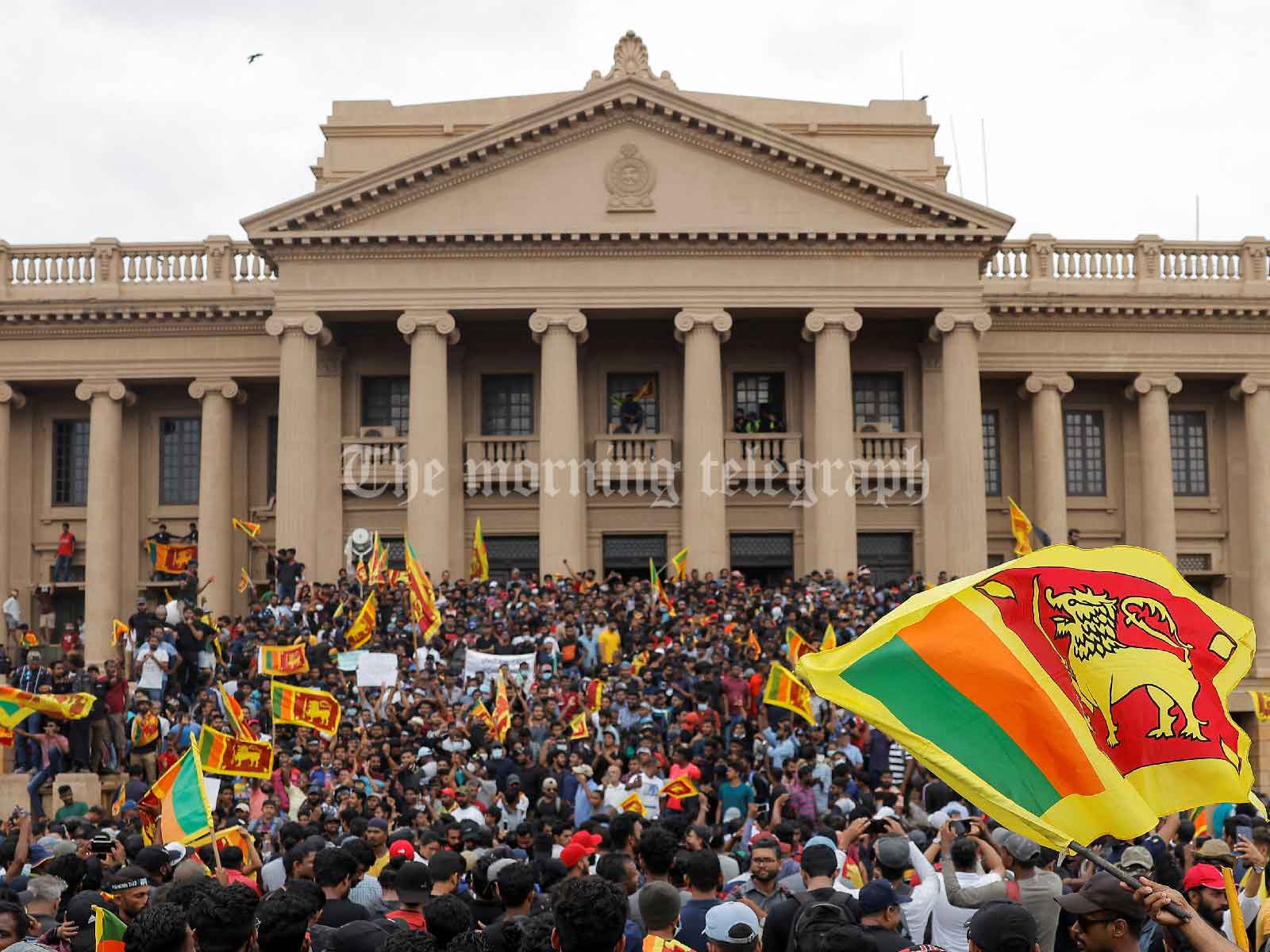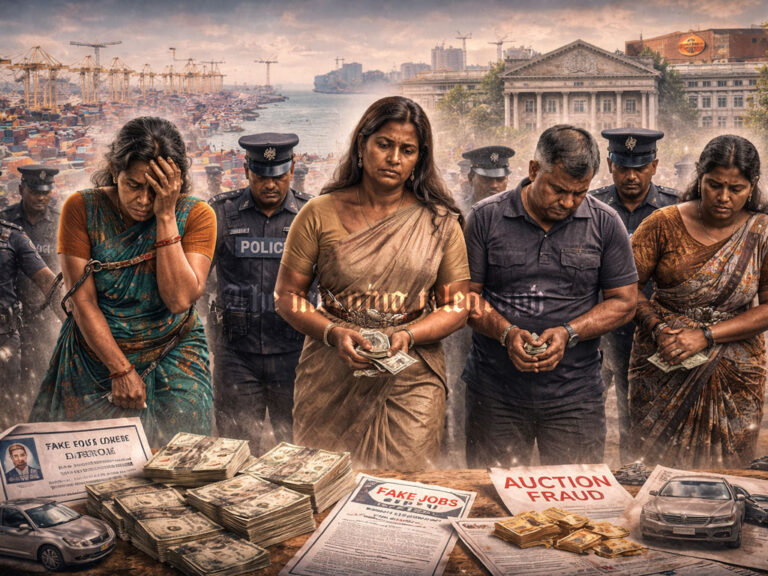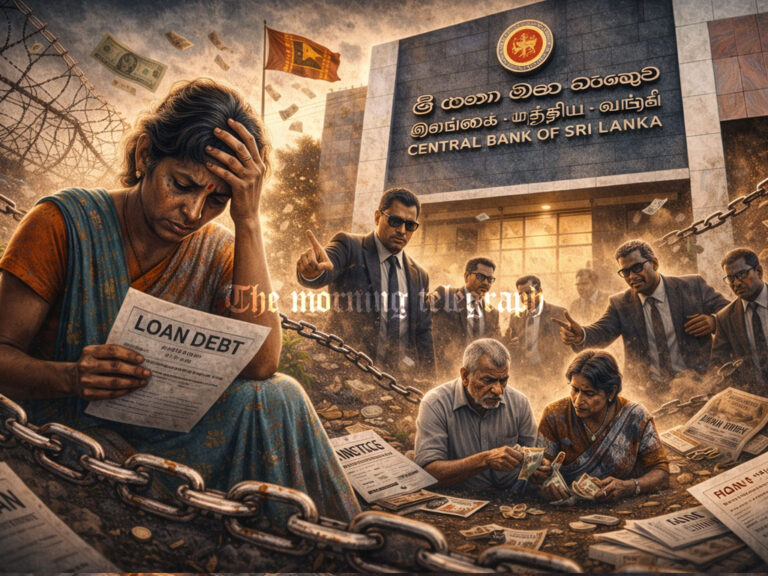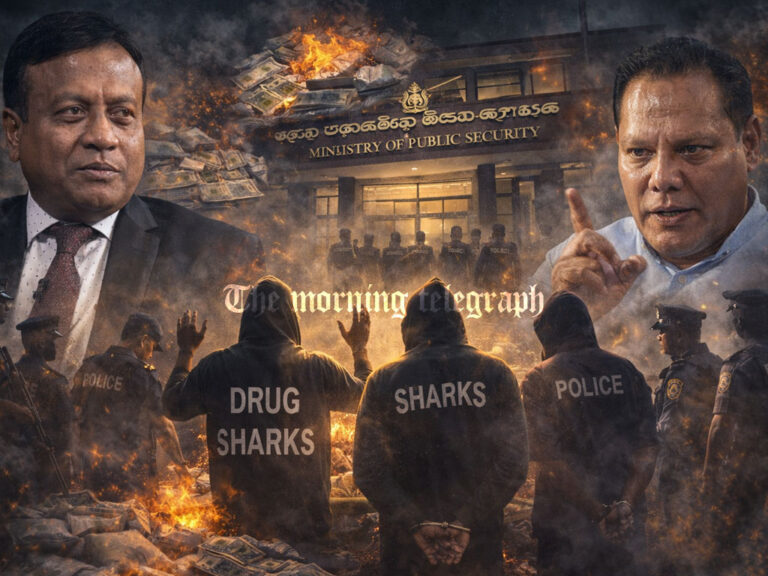
Sri Lankans headed to the polls today to elect a new president in the first election since mass protests in 2022 ousted the former leader amid the country’s worst-ever economic crisis. This election is seen as a critical referendum on economic reforms aimed at stabilizing the nation’s fragile economy and setting it on a path to recovery.
Economic concerns dominate the minds of voters, many of whom continue to struggle due to soaring inflation, tax hikes, and cuts to welfare programs. Analysts predict a closely fought race, as many Sri Lankans are desperate for solutions to improve their livelihoods.
Soumya Bhowmick, an associate fellow at the Observer Research Foundation, emphasized the significance of this election in shaping Sri Lanka’s recovery. “With the country seeking to emerge from its economic collapse, this election serves as a crucial moment for restoring both domestic and international confidence in its governance,” he told the BBC.
Key Candidates and a Referendum on Economic Reforms
The election features more candidates than any previous presidential race in Sri Lanka, with 38 contenders vying for the top office. However, the spotlight is on four main candidates: President Ranil Wickremesinghe, opposition leader Sajith Premadasa, leftist politician Anura Kumara Dissanayake, and Namal Rajapaksa, nephew of the ousted president.
Wickremesinghe, who was appointed by parliament after the dramatic resignation of Gotabaya Rajapaksa in 2022, is seeking another term. Though his government’s economic reforms have managed to stabilize inflation and strengthen the Sri Lankan rupee, everyday citizens continue to feel the pinch. Wickremesinghe has also faced criticism for his crackdown on the protest movement and his alleged protection of the Rajapaksa family from legal consequences.
Dissanayake, leader of the National People’s Party (NPP), is running on an anti-corruption platform and has drawn increasing public support. Premadasa, leader of the Samagi Jana Balawegaya (SJB) and son of a former president, also remains a strong contender. Meanwhile, Namal Rajapaksa represents the powerful political dynasty that was widely blamed for the country’s economic collapse, and his candidacy will test public sentiment toward the Rajapaksa family.
Lingering Economic Hardship
The election takes place against the backdrop of lingering economic hardship. The “Aragalaya” (struggle) uprising that forced Gotabaya Rajapaksa from power was sparked by a severe economic meltdown, driven by policy missteps, mounting debt, and the impact of the Covid-19 pandemic. By 2022, inflation had soared to 70%, and essentials like food, medicine, and fuel had become scarce.
While Wickremesinghe’s reforms have helped stabilize the economy, many Sri Lankans continue to face unemployment, rising costs, and declining business opportunities. Small business owners, like Norbet Fernando, who had to close his roof tile factory in 2022, remain deeply affected by the economic crisis. “After 35 years, it hurts to see my factory in ruins,” Fernando told the BBC.
Despite signs of recovery, including improved business sentiments in 2024, the economy has yet to return to pre-crisis levels. Many citizens remain skeptical about whether the tough economic reforms will lead to sustainable growth and prosperity.
A Potentially Historic Vote
This election could break from Sri Lanka’s electoral tradition, where winners have always been decided by a clear majority based on first-preference votes. Voters rank candidates in order of preference, and if no candidate wins an absolute majority, a second round of counting occurs, taking into account second and third preferences. Analysts, however, believe this year could be the first time the vote progresses to a second round.
The election marks a crucial turning point for Sri Lanka as it seeks to overcome its economic collapse and restore stability. With counting set to begin after polls close at 4:00 pm, results are expected by Sunday morning. The outcome will determine the leadership that will steer Sri Lanka through its recovery and shape the nation’s future trajectory.




